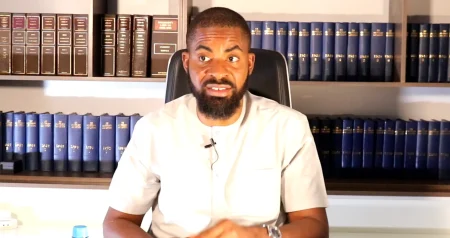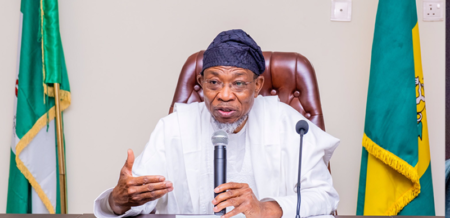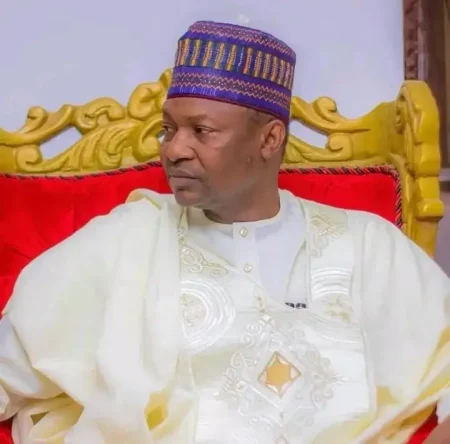Vice President Kashim Shettima has reaffirmed President Bola Tinubu’s commitment to economic reforms aimed at fostering inclusive growth and bridging financial gaps across Nigeria.
He said this at the inauguration of the Presidential Committee on Economic and Financial Inclusion (PreCEFI) at the State House Banquet Hall, Abuja.
Shettima emphasised the administration’s dedication to achieving a $1 trillion economy by 2030.
The event also featured the signing of an investment agreement by private sector stakeholders to provide the foundational infrastructure for the Aso Accord Initiative, a key component of Tinubu’s Renewed Hope Agenda.
Addressing attendees at the Presidential Villa, Abuja, Shettima underscored the urgent need for deliberate strategies to ensure financial inclusion, stating that economic aspirations must be backed by concrete actions.
READ ALSO: Tinubu committed to addressing food security – Shettima
“Our road to a $1 trillion economy by 2030 shall remain a mere wish unless we lay a foundation strong enough to carry our dreams.
“Dreams are not built on hope alone. They are the sum of deliberate ideas and strategies, inspired by our desire to win,” Shettima said.

Despite progress since the launch of the Financial Inclusion Strategy in 2012—where financial inclusion rates rose from 60.3% to 74% by 2023—millions of Nigerians remain outside the financial system.
The Vice President called on stakeholders to support efforts to integrate unbanked citizens, particularly youth, women, micro, small, and medium enterprises (MSMEs), and rural populations.
“This is not merely another government initiative. This is a higher calling—a national duty to bridge the economic divide and maximize the full potential of our people,” Shettima declared.
READ ALSO: We remain steadfast in improving Nigerians’ lives – Shettima
The newly inaugurated committee will function through two key bodies: the governance committee (GovCo), focused on policy direction and the technical Committee (TechCo), tasked with operational strategies.
An Implementation Secretariat will support the committees to ensure adaptability to evolving financial and economic challenges.
IQS Africa is leading a consortium of private investors to provide the essential infrastructure for the Aso Accord’s implementation.
Emmanuel Itapson, President/CEO of IQS, lauded the Tinubu administration’s leadership, describing the Renewed Hope Agenda as a “moonshot moment” for Nigeria’s economic transformation.
“No nation has ever achieved a great leap in its move towards greatness without a leadership that paints a vision that summons and harnesses the best and the most out of its people,” he said.
Several high-ranking officials and stakeholders expressed support for the initiative, including:
Senator Ibrahim Hadejia, Deputy Chief of Staff to the President (Office of the Vice President), highlighted Tinubu’s economic vision.
More so, Nurudeen Zauro, Technical Adviser to the President on Economic and Financial Inclusion, emphasized the role of collaboration in achieving the trillion-dollar economy target.
Furthermore, Governor Peter Mbah of Enugu State credited financial inclusion for his state’s revenue growth.
READ ALSO: Tinubu says ‘no regrets’ removing fuel subsidy
Similarly, Governor Uba Sani of Kaduna State stressed the need for digital infrastructure to boost financial inclusion, particularly in northern Nigeria.
Also, Minister of Finance, Wale Edun assured that the ministry would translate the Aso Accord vision into actionable reforms.
Additionally, the Minister of Humanitarian Affairs, Prof. Nentawe Yilwatda, pledged to leverage the initiative for vulnerable groups.
National Security Adviser Nuhu Ribadu recognised the initiative’s role in unlocking dead capital and pledged support from Nigeria’s security and intelligence community.








